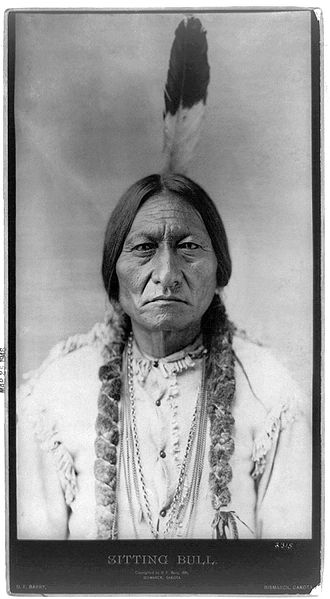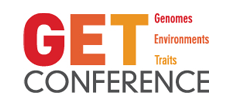An independent group of scientists has recommended that the Department of Defense (“DoD”) obtain and sequence the genomes of members of the military.
JASON, a group of between 30 and 60 scientists and created in 1960 which advises the U.S. government on scientific and technological issues, authored the report entitled “The $100 Genome: Implications for the DoD,” (pdf) which was released on January 13, 2011.
In the report, the scientists provided the following recommendation:
“The DoD should establish policies that result in the collection of genotype and phenotype data, the application of bioinformatics tools to support the health and effectiveness of military personnel, and the resolution of ethical and social issues that arise from these activities. The DoD and the VA should affiliate with or stand up a genotype/phenotype analysis program that addresses their respective needs. Waiting even two years to initiate this process may place them unrecoverably behind in the race for personal genomics information and applications.”



